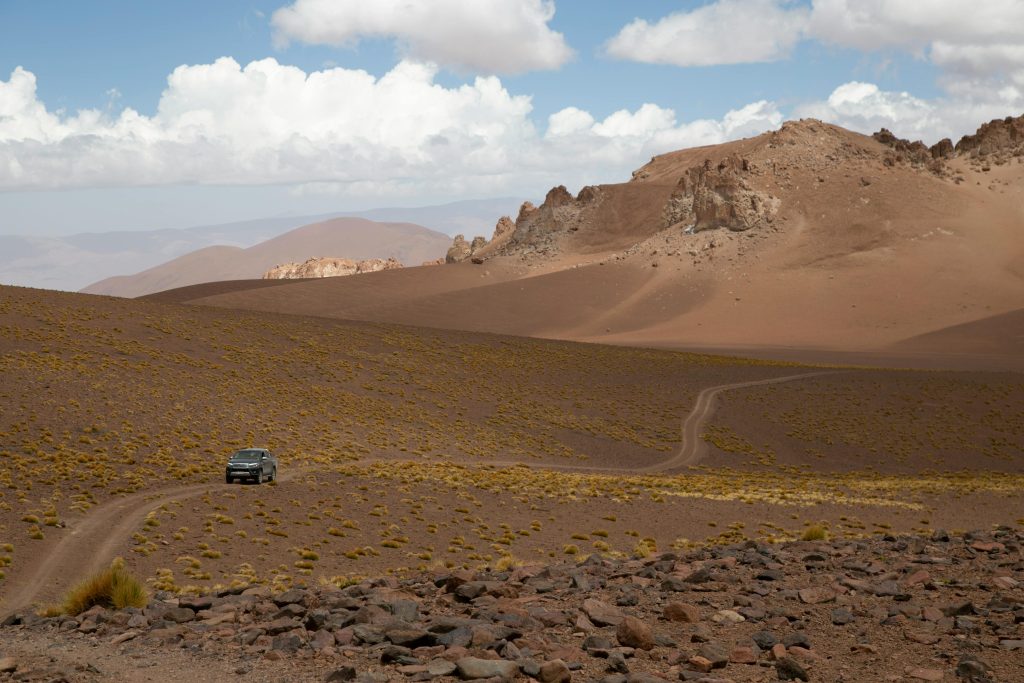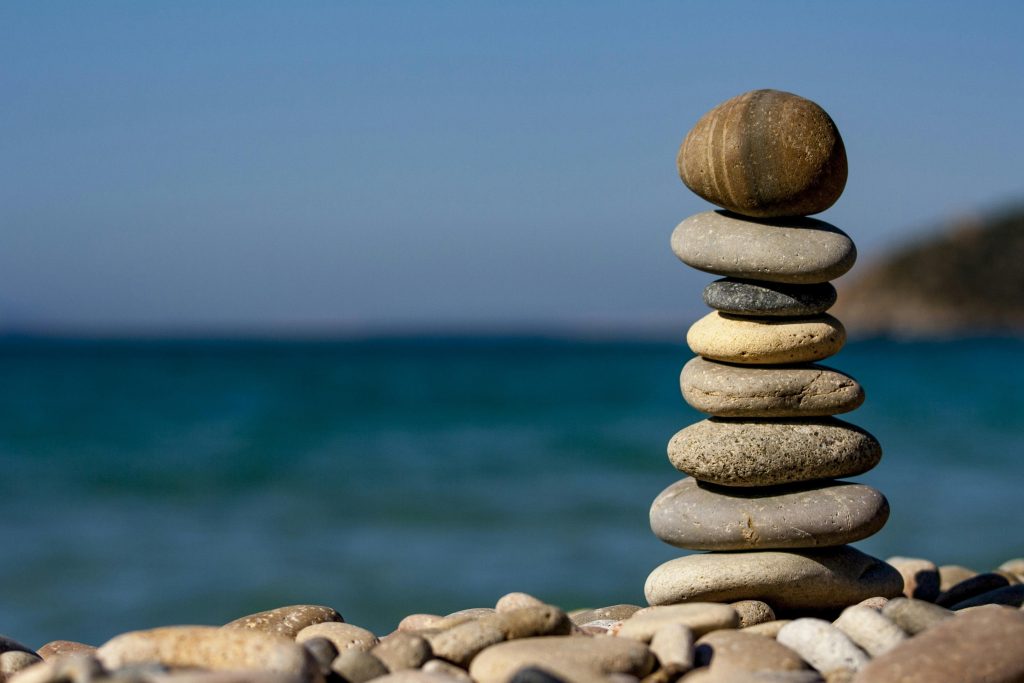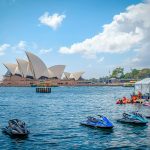Introduction
When was the last time you did something for the first time?
In a world that often encourages routine and predictability, exploration offers a refreshing antidote. Whether it’s through travel, creativity, conversation, or introspection, exploration unlocks new perspectives, fuels curiosity, and expands what’s possible. It isn’t just about geography—it’s a mindset, a practice, and a way of living.

Welcome to Exploration & Discovery: Topic #1, where we dive into the art and impact of broadening your horizons. In this post, you’ll discover why exploring beyond your comfort zone matters, how to do it meaningfully, and what you can gain by embracing the unknown—wherever it may lead.
What Does It Mean to “Broaden Your Horizons”?
It’s more than booking a trip or trying a new hobby. It’s about intentionally seeking out new experiences, ideas, and environments that challenge your assumptions and expand your worldview.
Why It Matters:
- Stimulates creativity and innovation
- Encourages personal and professional growth
- Builds empathy and emotional intelligence
- Helps overcome fear and uncertainty
- Opens doors to unexpected opportunities

In short, broadening your horizons helps you become more adaptable, more aware, and more alive.
1. Embrace Curiosity Over Certainty
The Growth Mindset Shift:
Instead of asking “What do I already know?”—ask “What haven’t I learned yet?”
Ways to Do This:
- Read books or watch documentaries outside your usual genre
- Join conversations where you’re not the expert
- Learn a new language or skill (even just the basics)
Mindset Tip: Curiosity is the fuel that drives exploration. Practice asking “why?” more often—about others, the world, and even yourself.
2. Change Your Environment
Why It Works:
Your surroundings shape your thoughts and behaviors more than you realise. New environments help break mental patterns and open up fresh thinking.
Ideas to Try:
- Work from a different location (café, co-working space, park)
- Rearrange your room or workspace
- Visit a new suburb or part of your city you’ve never explored

Bonus Insight: You don’t need a passport to explore. Local discovery can be just as transformative.
3. Seek Diverse Perspectives
The Power of Different Viewpoints:
Engaging with people from different backgrounds, cultures, industries, or belief systems can expand your empathy and challenge assumptions.
How to Start:
- Attend meetups or cultural events
- Listen to podcasts by people outside your demographic
- Have intentional conversations with someone older, younger, or from a different field
Exploration Insight: The more lenses you look through, the richer your understanding of the world becomes.
4. Get Comfortable with Discomfort
Why It’s Necessary:
Real exploration involves a level of discomfort—whether it’s vulnerability, uncertainty, or simply stepping into the unfamiliar.

Discomfort Zones to Try:
- Public speaking
- Taking a solo trip
- Asking for feedback on something important to you
Reframe: Discomfort isn’t danger—it’s growth in motion.
5. Travel with Intention
Travel is one of the most obvious forms of exploration—but it’s not about ticking off destinations. It’s about experiencing culture, history, and humanity up close.
Tips for Purposeful Travel:
- Stay in locally owned accommodations
- Learn a few words of the local language
- Ask locals for recommendations rather than relying on top-10 lists
- Keep a travel journal to reflect and absorb
Perspective Shift: Don’t just go places—let places go through you.
6. Reconnect with Childlike Wonder
Children are natural explorers—constantly asking questions, poking at boundaries, and inventing new worlds.
How to Channel It:
- Try something creative without judging the result (drawing, dancing, writing)
- Go on a walk without a destination
- Look at the sky, trees, or people with fresh eyes

Daily Practice: Spend 10 minutes a day doing something for the joy of it—no productivity required.
7. Turn Inward: Inner Exploration
Exploration isn’t always external. Often, the most transformative discoveries happen within.
Practices for Inner Discovery:
- Meditation or mindfulness
- Deep journaling (prompt: What part of myself am I avoiding?)
- Breathwork or silent retreats
- Coaching or therapy for guided self-inquiry
Pathix Insight: Sometimes, broadening your horizons means expanding your inner landscape.
8. Document and Reflect on Your Discoveries
Reflection is where exploration turns into growth.
Ways to Capture Your Journey:
- Keep a “discovery journal”
- Start a blog or photo diary
- Share insights on social media or in a community
- Create a digital “map” of your experiences

Why It’s Powerful: Reflection allows you to integrate new insights and connect the dots between experiences and personal evolution.
Conclusion
Exploration is not about escape—it’s about expansion. By broadening your horizons, you step into a more vibrant, connected, and purpose-driven version of yourself. You’ll start to see the world not just as it is—but as it could be. And in doing so, you unlock new potential in your work, relationships, and personal journey.
So ask yourself today:
What’s one way I can explore something new this week—externally or internally?
Then take that step. Your next discovery is waiting.


